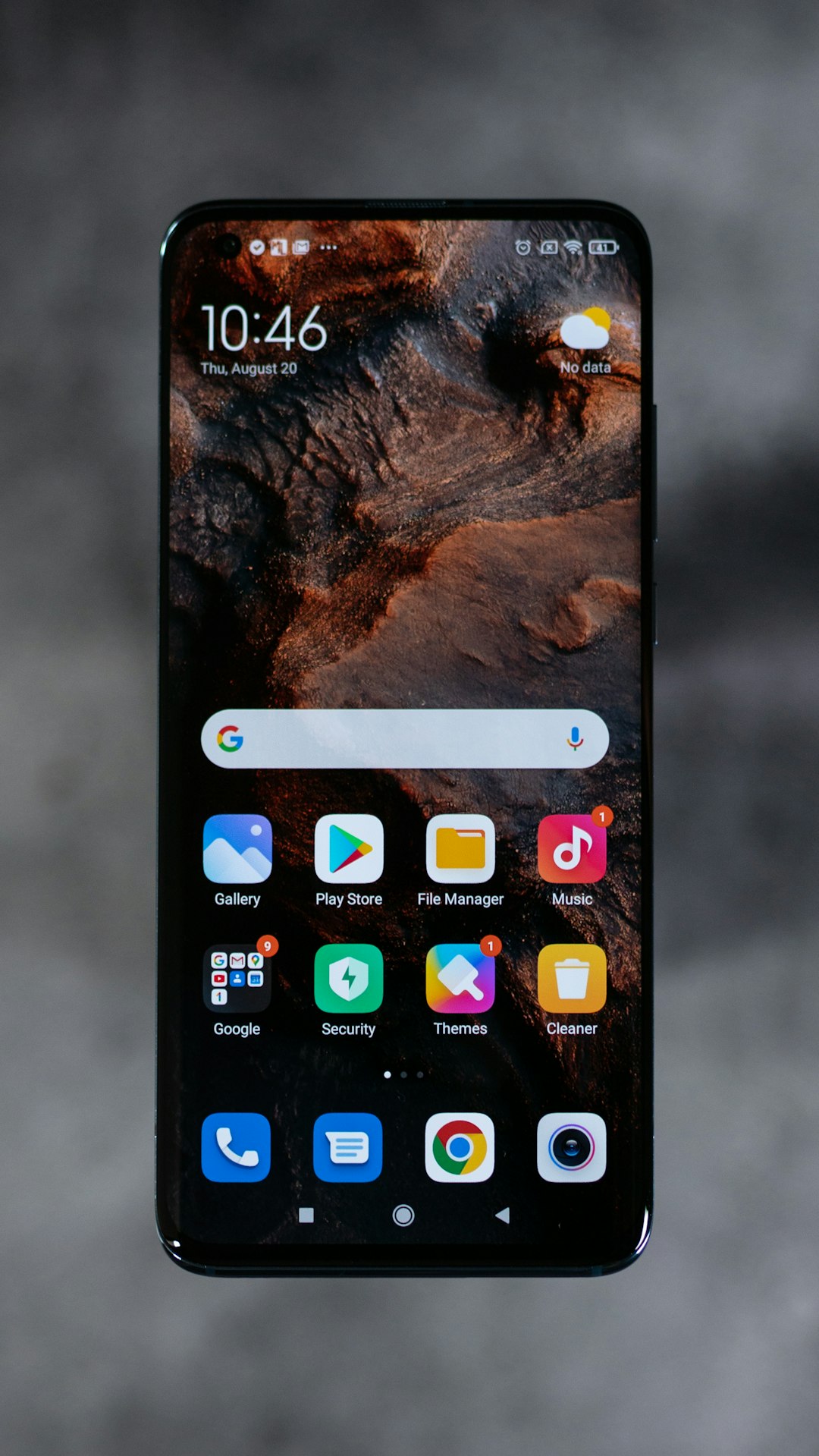Healthcare providers in Ohio must adhere to strict Do Not Call laws, enforced by the Ohio Division of Securities and Commerce, to avoid penalties. Violations can lead to substantial fines and patient compensation claims. Engaging a specialized Do Not Call Lawyer or Attorney is crucial for navigation, ensuring compliance, staff training, and opt-out management. Choosing the right legal representative from a reputable Spam Call law firm Ohio involves verifying expertise, legislative knowledge, communication, and clear fee structures. Common mistakes include ignoring patient consent, disrespecting Do Not Call lists, and improper automated messaging.
“In Ohio, healthcare providers must navigate complex regulations regarding patient communication, particularly when it comes to do-not-call laws. This comprehensive guide aims to equip medical professionals with a deep understanding of Ohio’s do-not-call rules, emphasizing the importance of compliance.
From exploring the impact of violations and legal requirements to offering tips for selecting a specialized lawyer (Do Not Call Attorney Ohio), this article covers critical aspects. We also highlight common pitfalls and provide strategies to avoid them, ensuring healthcare providers can effectively manage patient communications while adhering to state laws.”
Understanding Ohio's Do Not Call Laws: A Comprehensive Guide for Healthcare Providers

In Ohio, Do Not Call laws are designed to protect residents from unwanted telemarketing calls, including those from healthcare providers. The Ohio Division of Securities and Commerce oversees and enforces these regulations, ensuring that businesses adhere to strict guidelines regarding call frequency, content, and consent. Healthcare providers, in particular, must navigate these laws carefully to avoid penalties and maintain patient relationships.
A Do Not Call lawyer or attorney in Ohio can offer specialized guidance tailored to the healthcare industry. These legal experts help healthcare organizations implement compliant calling practices, train staff, and manage opt-out requests effectively. By engaging a Do Not Call law firm in Ohio, providers can safeguard their operations from legal repercussions and foster better patient communication, ensuring compliance with state regulations while respecting individual preferences.
The Impact of Violating Do Not Call Laws in Ohio: Potential Consequences and Penalties

Violating Ohio’s Do Not Call laws can result in severe consequences and penalties for healthcare providers. If a medical facility or professional makes unsolicited phone calls to patients who have opted-out, they may face legal repercussions. A Do Not Call Lawyer Ohio or a specialized Do Not Call Attorney Ohio is often retained by those affected to navigate the complexities of these laws and protect their rights. These laws are designed to safeguard consumers from unwanted marketing calls, ensuring peace of mind and privacy.
Penalties for such violations include substantial fines, which can be levied against the healthcare entity or individual responsible. Additionally, affected patients may seek legal redress, demanding compensation for any distress or harm caused by the spam calls. With the help of a reputable Do Not Call Law Firm Ohio, individuals and businesses can understand their obligations under these laws and implement effective compliance strategies to avoid future violations.
Navigating the Legal Requirements: How to Comply with Ohio's Do Not Call Regulations

Navigating Ohio’s Do Not Call Regulations can be complex, but understanding these laws is crucial for healthcare providers to maintain compliance and avoid legal repercussions. The state’s Do Not Call Laws, enforced by the Attorney General’s Office, are designed to protect consumers from unwanted telemarketing calls. As a healthcare provider, it’s essential to recognize that certain categories of calls, including those related to marketing services or promoting medical products, are subject to these regulations.
To comply, healthcare providers should ensure they have obtained proper consent for any outbound calls and maintain accurate records of this consent. Implementing robust internal policies and training staff on Do Not Call guidelines is vital. Additionally, utilizing automated dialing systems or prerecorded messages may require specific legal advice from a Do Not Call Lawyer Ohio or Attorney specializing in Spam Call laws to ensure full compliance with the state’s regulations. Engaging such legal experts can help healthcare providers navigate this intricate legal landscape effectively.
Choosing the Right Legal Representative: Tips for Selecting a Do Not Call Lawyer or Attorney in Ohio

Choosing the right legal representative is a crucial step when navigating complex laws like Ohio’s Do Not Call regulations. When seeking a Do Not Call Lawyer or Attorney in Ohio, consider their expertise and experience in this specific area of law. Many spam call law firms specialize in consumer protection, so ensure they have a proven track record handling cases related to Do Not Call Laws Ohio. Look for professionals who stay updated with the latest changes in legislation and can offer tailored advice based on your unique situation.
Additionally, consider communication and accessibility when selecting a lawyer. You’ll want a legal representative who is responsive, transparent, and easily accessible throughout the process. Discuss fees openly and choose someone who provides clear value for money. Reputable Do Not Call lawyers in Ohio will prioritize your needs and work diligently to protect your rights under the state’s consumer protection laws.
Common Mistakes Healthcare Providers Make Regarding Ohio's Do Not Call Laws and How to Avoid Them

Healthcare providers in Ohio often find themselves navigating complex regulations regarding patient communication, including the state’s Do Not Call laws. Common mistakes include failing to obtain explicit consent before contacting patients, ignoring registration on Do Not Call lists, and using automated or prerecorded messages without proper disclosures. These oversights can result in legal repercussions and financial penalties.
To avoid such pitfalls, healthcare providers should ensure they have clear policies regarding patient outreach. This includes training staff on obtaining informed consent, verifying patient preferences for communication, and adhering to the Do Not Call list regulations. Engaging a specialized Do Not Call Lawyer Ohio or consulting with an experienced Do Not Call Attorney Ohio can provide guidance tailored to these laws, helping providers stay compliant and mitigate potential legal issues while effectively communicating with patients.






